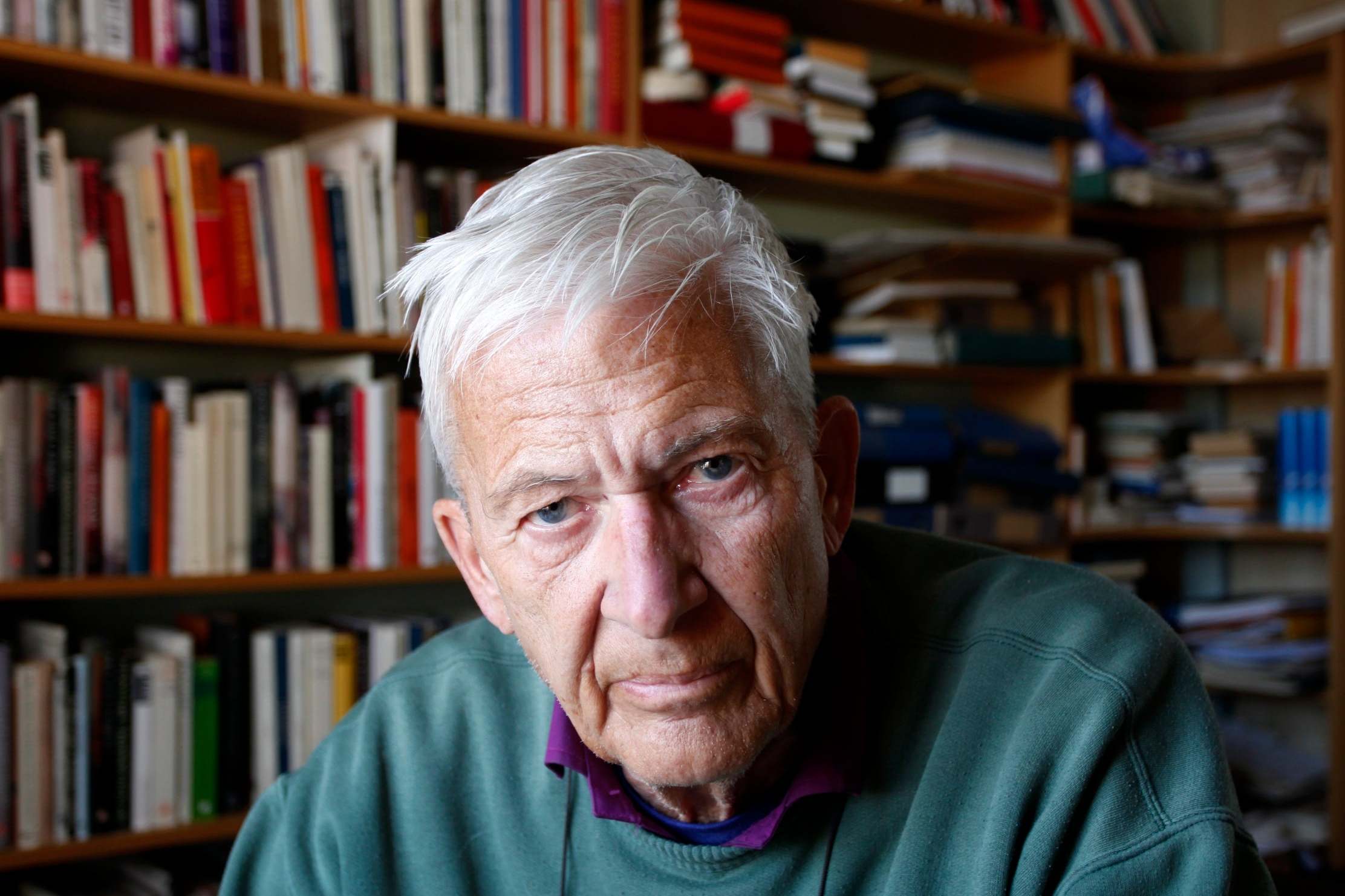Per Olov Enquist: Swedish literary giant who wove history into fiction
His novels gained him an international audience and his other work included an Oscar-winning screenplay

For more than five decades, Per Olov Enquist said, he was caught in a “black hole” that ate up his life, even as he became one of Scandinavia’s most celebrated authors.
Raised in the far north of Sweden, in a home dominated by “God and melancholy”, Enquist – who has died aged 85 – was haunted by a father he never knew, a stillborn brother whose bed he slept in as a boy and memories of a strict evangelical mother who pushed him to invent sins for confession.
In his twenties he narrowly missed qualifying for the 1960 Rome Olympics as a high jumper. In 1972 he went to Munich to report on the summer games as a journalist, only to end up covering a terrorist attack in which 11 members of the Israeli team were taken hostage and massacred.
Enquist had depression and alcoholism, falling into despair while his works were translated into more than 20 languages. He stopped drinking in 1990 and came to terms with his past through writing, notably through an autobiographical novel, A Different Life (2008), that he wrote in the third person “out of honesty”, fearing that a more traditional memoir might have obscured the truth.
Enquist won a host of literary honours for his books, which blended deep historical research with elliptical storytelling and a dose of melancholy.
A friend of Swedish filmmaker Ingmar Bergman and leaders of the country’s centre-left Social Democratic Party, he won Sweden’s August Prize twice, for A Different Life and The Royal Physician’s Visit (1999), which centred on the doctor of Denmark’s mad King Christian VII and his romance with the queen consort.
Enquist also won a Nordic Council Literature Prize for his Second World War novel The Legionnaires (1968), about Baltic soldiers who were conscripted by the Germans, fled to Sweden and were deported after the war. In The Book About Blanche and Marie (2004), he explored the relationship between chemist and physicist Marie Curie and her assistant Blanche Wittman, who had been treated for “hysteria” and confined in an asylum for 16 years.
He also worked on nearly two dozen screenplays, including August Strindberg (1985), a six-part TV miniseries about Sweden’s most celebrated playwright, and the historical drama Pelle the Conqueror (1987), based on a novel by Martin Andersen Nexo. Directed by Danish filmmaker Bille August, who also worked on the screenplay, it starred Max von Sydow as an out-of-work Swede who immigrates to Denmark with his son, in search of a better life.
The movie won the top prize at the Cannes Film Festival and earned the Academy award for best foreign-language film, marking Enquist’s greatest film and theatrical success. He had previously landed on Broadway in 1977 with The Night of the Tribades, which dramatised the conflict between Strindberg, his estranged wife and a woman he suspected of stealing his wife. That play closed after less than two weeks.
Enquist was born in Hjoggbole, a village on Sweden’s eastern coast, in 1934. His father was a lumberjack who died when Per Olov was an infant; his mother was a schoolteacher who foisted the Bible on him from a young age, insisting he stay away from anything “ungodly”.
While her rules frustrated a young Enquist, he later credited his upbringing with helping to spark his devotion to books, one of the few sources of entertainment allowed at home.
Enquist was a literature student at Uppsala University when he wrote his first novel, The Crystal Eye (1961), about a young woman coming to terms with her past. After graduating, he worked as a book and theatre critic at newspapers and published novels including The Magnetist’s Fifth Winter (1964), inspired by the life of Franz Mesmer, a 19th-century German doctor whose “animal magnetism” theory made him a New Age touchstone.
Enquist returned to memories of his adolescence with The Parable Book (2013), based on a teenage romance he had with a 51-year-old woman visiting his hometown.
His marriages to Margareta Ersson and Lone Bastholm ended in divorce, and in 1995 he married Gunilla Thorgren, a journalist and politician. She and two children from his first marriage survive him.
Per Olov Enquist, author, born 23 September 1934, died 25 April 2020
© Washington Post
Subscribe to Independent Premium to bookmark this article
Want to bookmark your favourite articles and stories to read or reference later? Start your Independent Premium subscription today.

Join our commenting forum
Join thought-provoking conversations, follow other Independent readers and see their replies